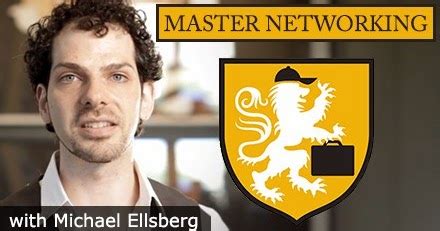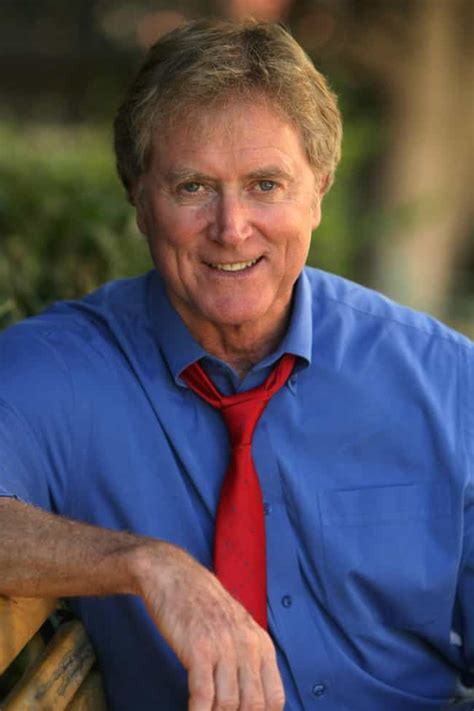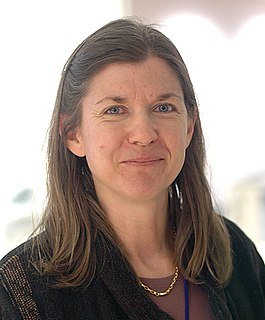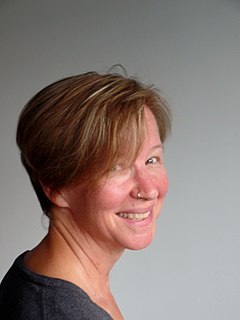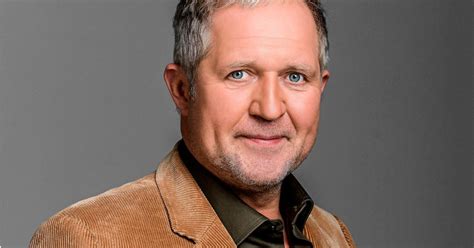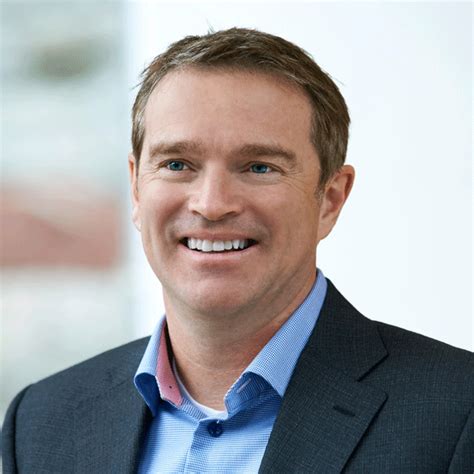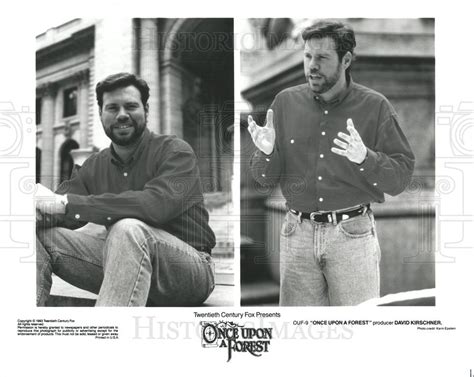Top 158 Undergraduate Quotes & Sayings - Page 3
Explore popular Undergraduate quotes.
Last updated on April 21, 2025.
My undergraduate degree was in art history! Raising money for Chipotle was really my MBA. The money for my first restaurant came from my dad, the second from mostly cash flow. The third was an SBA loan. After my dad invested $1.5 million to open a few more, he suggested I raise the money myself for the experience.
St. Andrews provided a gentle forgetfulness over the preceding painful years of my life. It remains a haunting and lovely time to me, a marrow experience. For one who during her undergraduate years was trying to escape an inexplicable weariness and despair, St. Andrews was an amulet against all manner of longing and loss, a year of gravely held but joyous remembrances.
I like to say I had a very varied undergraduate education. I was an English major first, and then at the end of my college career I decided I was interested in urban planning. I became an urban studies major, with a minor in poetry. I don't think I knew what I was looking for in my early twenties, but I know I kept not finding it.
I wanted to be a scientist. My undergraduate degree is in biology, and I really did think I might go off and be some kind of a lady Darwin someplace. It turned out that I'm really awful at science and that I have no gift for actually doing science myself. But I'm very interested in others who practice science and in the stories of science.
Doubtless many can recall certain books which have greatly influenced their lives, and in my own case one stands out especially-a translation of Hofmeister's epoch-making treatise on the comparative morphology of plants. This book, studied while an undergraduate at the University of Michigan, was undoubtedly the most important factor in determining the trend of my botanical investigation for many years.
Shiv Nadar University has five schools with 16 departments offering 14 undergraduate, 10 master's and 13 doctoral programmes. The demand for engineering courses - computer science, engineering, electronics, communication engineering, mechanical engineering - is slightly on the higher side compared to other engineering courses.
As an undergraduate, I took two writing workshops taught by Elizabeth Hardwick. She was certainly a major influence, though more as a writer I greatly admired than as a teacher. As for other writers, I think it's safe to say that my work has been and continues to be influenced to one degree or another by every writer whose work I love and admire.
I thought that I knew the world pretty well. I mean this is what I do for a living, I've been in government or in the Navy Reserves for 13 years. I've got an undergraduate degree and a master's degree focused on that stuff so I would put myself on the what I thought was the more well educated end of the spectrum on these things.
Justin [Di Cioccio] was [at Laguardia School of Arts]. He later took over at Manhattan. But I knew Justin through the McDonald's band, which at the time I was finishing high school and starting college, I got involved with. I was not that heavily involved with the school at MSM my first year there. I took a semester off to start my 2nd year. Took classes I felt like taking during my third semester, but by the start of my third year, September of '86, they began the undergraduate jazz program and I joined that program.
Unfortunately, the Bible won't tell you directly, "Thou shalt take the new job in marketing..." or "Thou shalt go directly from undergraduate school to honor me in graduate school." While the Bible doesn't speak to some of our specific decisions, it does speak to every decision about who God wants us to become.
My brother is severely autistic, so when I was a kid I spent a lot of time as a teenager in camps and programs for autistic kids. When I went to McGill as an undergraduate, I figured I'd be a therapist working with these kids. The truth is, and I knew this even back then, I'm just not good at this. I'm too empathic to do this sort of thing.
I started writing novels while an undergraduate student, in an attempt to make sense of the city of Edinburgh, using a detective as my protagonist. Each book hopefully adds another piece to the jigsaw that is modern Scotland, asking questions about the nation's politics, economy, psyche and history ... and perhaps pointing towards its possible future.
I majored in religion for my entire undergraduate career at Duke University and then I went to seminary for a year unsure whether or not I really had the call to be a minister. I spoke with a pastor of my home church and told him I was going to seminary. He said "Do you feel the call to be a minister?" and I said "Honestly, I don't. I know it's the greatest call you could have but I'm not feeling that call myself. He said "Well, you know, you're wrong. It's not the greatest call. The greatest call is whatever calling God has for you."
Look, Mrs. McGillicuddy, it's not my fault your son jumped out a dorm room window on Christmas eve. I've written over fifty books as a Columbia professor, all right? You don't do that by holding hands with every at-risk undergraduate who says he's homesick, or he's turning gay, or the dog ate his term paper. I write about Lincoln, and freedom, and great ideas. I don't always have time for students. It's like Dean Martin used to say: if you want to talk, go to a priest. Hey -- what's the gun for?
I picked economics at the end of my undergraduate time because it seemed to be a really nice combination of theory, including mathematical theory on one hand, and things that are quite practical that you can touch and see and feel. So I picked it, and I consciously thought of it as an experiment to see if I liked it. And it worked.
We need to raise the level of our game in terms of explaining the planetary warming by infrared absorption of CO2 etc. The missing area of understanding seems to be the actual physical mechanism. Lets target an explanation at an audience that has taken 1 year each of undergraduate physics and chemistry, plus calculus. Once we have something that is convincing at this level, we can work on how to communicate this to the interested public (i.e. those that hang out in the climate blogosphere). Willis Eschenbach’s help is needed in translating this for the WUWT crowd.
As with many teens, my first jobs included babysitting and mopping floors at McDonald's. Since then, I've held jobs a diverse as selling used cars, selling apparel, cosmetics, and real-estate, substitute-teaching six graders, teaching undergraduate creative writing, and working as an editorial assistant for a literary magazine.
I am willing to admit that some people might live there for years, or even a lifetime, so protected that they never sense the sweet stench of corruption that is all around them - the keen, thin scent of decay that pervades everything and accuses with a terrible accusation the superficial youthfulness, the abounding undergraduate noise, that fills those ancient buildings.
In those same 10 years, women are getting more and more of the graduate degrees, more and more of the undergraduate degrees, and it's translating into more women in entry-level jobs, even more women in lower-level management. But there's absolutely been no progress at the top. You can't explain away 10 years. Ten years of no progress is no progress.
I took a break from acting for four years to get a degree in mathematics at UCLA, and during that time I had the rare opportunity to actually do research as an undergraduate. And myself and two other people co-authored a new theorem: Percolation and Gibbs States Multiplicity for Ferromagnetic Ashkin-Teller Models on Two Dimensions, or Z2.
A formative influence on my undergraduate self was the response of a respected elder statesmen of the Oxford Zoology Department when an American visitor had just publicly disproved his favourite theory. The old man strode to the front of the lecture hall, shook the American warmly by the hand and declared in ringing, emotional tones: "My dear fellow, I wish to thank you. I have been wrong these fifteen years." And we clapped our hands red. Can you imagine a Government Minister being cheered in the House of Commons for a similar admission? "Resign, Resign" is a much more likely response!
My family was well off but not rich. I spent the four years I was an undergraduate working on the beach. And it wasn't because I was lazy; it was because my freshman class would go to a hundred different employers and wouldn't get a nibble. That was a disequilibrium system. I realized that the ordinary old-fashioned Euclidean geometry didn't apply.
One of my favorite pieces of advice about being a writer came from a very formative teacher I had as an undergraduate, named John Hersey. On our last day of class together, which was also John Hersey last day before retirement, he said, "Remember, the world doesn't need any new writers." Which at first didn't seem like great advice, but when you unpacked it, it was really that it's not enough to be confident in what you do; be conscious of bringing something to the world of readers and writers that it hasn't seen before. Something idiosyncratic.
While its [Harvard's] undergraduate life was still controlled [in 1908-1912] by a select group of rich and fashionable families whose sons merely arrived when they were due to fill the places that had been waiting for them from the day they were born, it was, at the same time, opening its doors to a more cosmopolitan student population and beginning to take the first tentative steps toward mitigating the evils of a pyramidal social system that concentrated all its social honors upon the rich and the wellborn.










